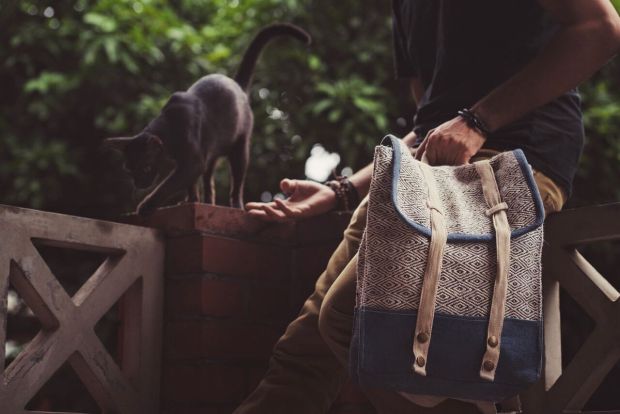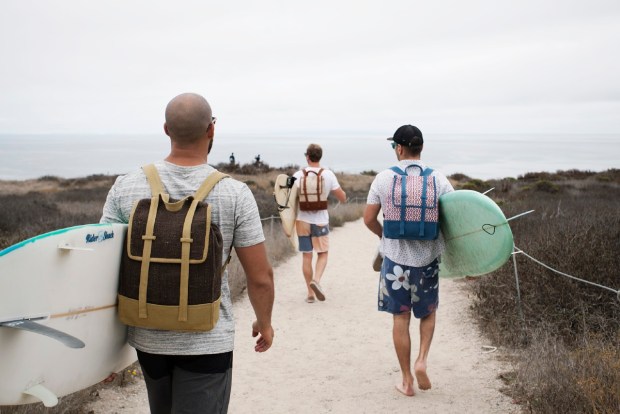Let’s say for instance you have a hankering for a cheeseburger. Do you opt for a cheap, quickly made option from McDonald’s or would you, perhaps, instead enjoy a handmade, quality-made burger from a lesser known establishment? Obviously for most people, the answer to this question would almost universally point towards the latter of these options. Simply put, people enjoy quality over quantity. So why don’t more people use this line of reasoning for something like the type of clothing or accessories they wear? In time, this is one of the very questions entrepreneur Luke Swanson hopes to answer with his fair trade, responsibly-sourced supply chain company, the Tripty Project.
Following roughly two years of work in the environmental science industry in Bangladesh, Swanson decided he wanted to create something which possessed the ability to make a positive impact on the communities in Bangladesh. After witnessing a number of non-governmental organizations misspending money within the country — and seeing firsthand the kind of fallout created by the horrific Rana Plaza collapse in 2013 — creating positive business was paramount for Swanson.

“We tried to come up with an idea to work with local organizations that already had a small thing going in the area,” Swanson tells The Manual. “We wanted to make those companies more resilient.”
Born from this notion was one of the pillars of the Tripty Project’s entire philosophy, Slow Fashion. A direct response to Fast Fashion — think H&M, Gap, etc. — Swanson intended to avoid pushing out low quality, poorly sourced goods just to save a few cents on each unit. Instead, Swanson and co-founder Brooke McEver wanted to focus on the brand’s process, concentrating on quality of materials and developing something which doesn’t foster continuous consumption. The goal was to create a sustainable company that boosts the culture, society, and environment of Bangladesh for its locals. Today, the duo personally sources the materials used for each project — currently the Tripty Project offers jackets, quilts, and backpacks — and strives to remain as innovative with its use of fabrics as possible.
Related: Portland brands take center stage with MadeHere PDX
Though the concept for the company officially came to be some two and a half years ago, Swanson admits the company has become more formal over the past year and a half. After toying with the branding and developing a sustainable business plan, Swanson and McEver took the Tripty Project to the popular crowdfunding site, Kickstarter. The initial hope was that a project such as theirs would show people an ethical supply chain isn’t entirely far-fetched but rather, completely feasible. Once the Kickstarter campaign came to a close, it had successfully raised over $34k in funding.

Armed with the funding necessary to bring this concept to a wider audience, as well as a passion for making a genuine difference in a marginalized country like Bangladesh, the Tripty Project achieves goodwill while providing a desirable product. Fast Fashion may have the notoriety today, but once people realize they don’t have to settle for something akin to the fast food of clothing, it’s companies like the Tripty Project that will be waiting there with open arms.


